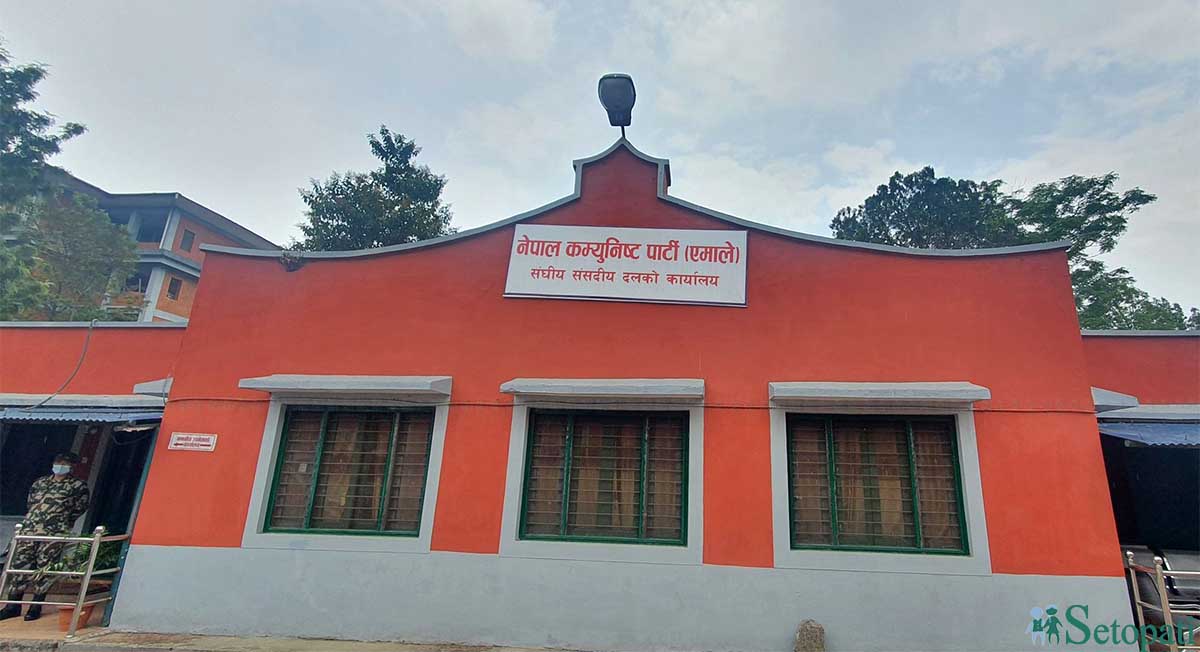The main opposition CPN-UML has taken a stand that the bill related to amendment on the Constitutional Council Act should have a provision that allows decision on the basis of majority.
The Constitutional Council chaired by the prime minister (PM) includes chief justice (CJ), House speaker and deputy speaker, National Assembly chair and the main opposition leader.
The existing Constitutional Council Act stresses on efforts for consensus while taking decision failing which decision can be taken in the subsequent meeting by the majority of the total number of members.
The government has registered an amendment bill that has a provision allowing decision with support of the chair (PM) and at least 50 percent of the existing members.
The UML has protested against the provision in the Business Advisory Committee feeling that consent of the chair (PM) has been made mandatory in the amendment bill to undermine it. UML Chairman KP Sharma Oli is included in the Constitutional Council as the main opposition leader while Speaker Dev Raj Ghimire and National Assembly Chairman Ganesh Prasad Timalsina were UML lawmakers before being elected to their respective positions.
UML has demanded that decisions be allowed with majority of the six-strong Constitutional Council. This effectively would mean that majority cannot be achieved without support of UML which, on the other hand, can get through the decisions with support of either the CJ or Deputy Speaker Indira Rana Magar who comes from the Rastriya Swatantra Party (RSP) even without consent of PM Pushpa Kamal Dahal.
The three big parties—Nepali Congress (NC), UML and CPN (Maoist Center)—recently agreed to fast track the bill related to the Constitutional Council through the full meeting of House of Representatives (HoR). UML is now seeking consensus even in the content of the amendment bill.
UML Chief Whip Padam Giri has said that the provision kept by the government in clause 10 of the bill requiring consent of PM is against the principle of separation of powers. “The Constitutional Council includes PM who leads the executive, speaker and National Assembly chair who lead the legislative, and CJ who leads the judiciary,” Giri has pointed. “To say that decision cannot be taken in such body without consent of PM even when there is majority will be against the spirit of separation of powers. And not even just. That would mean ignoring other organs of the state.”
NC and Maoist lawmakers opined that consent of the PM should be mandatory. The bill would not proceed in the House on Wednesday as the three big parties failed to agree on the provision.

